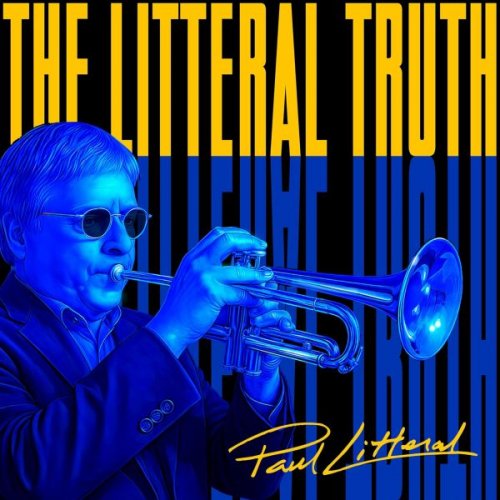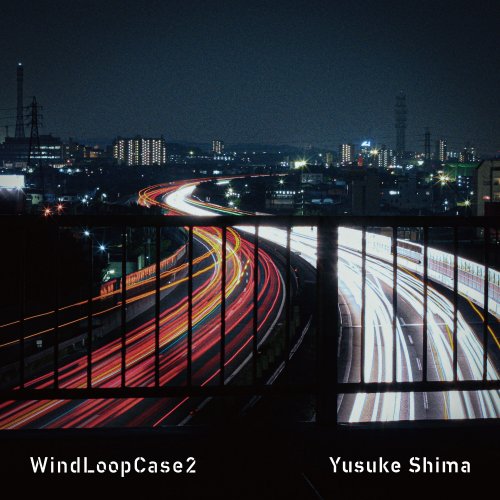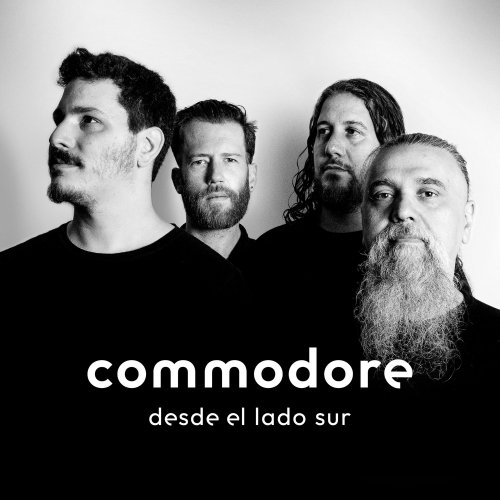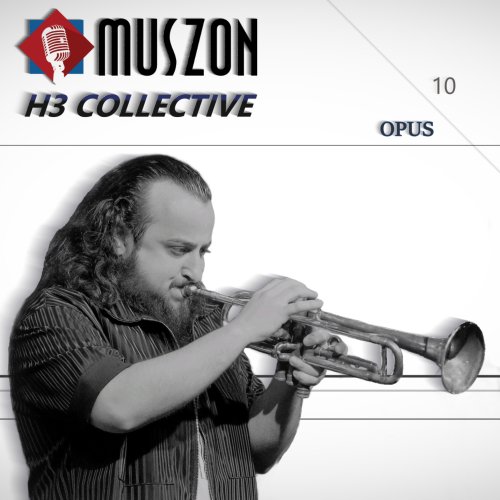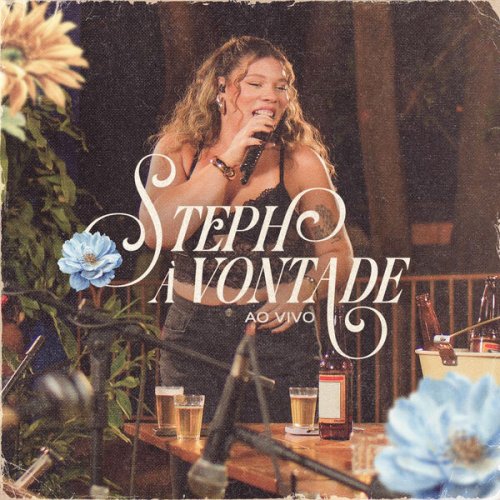Albert Recasens, La Grande Chapelle, Schola Antiqua - Joan Pau Pujol: Música para el Corpus (2011)
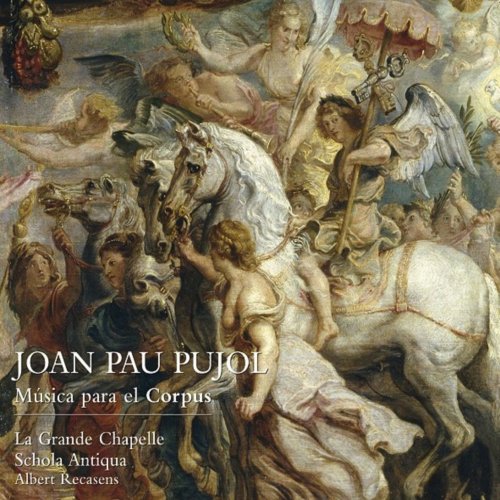
Artist: Albert Recasens, La Grande Chapelle, Schola Antiqua
Title: Joan Pau Pujol: Música para el Corpus
Year Of Release: 2007
Label: Lauda Música
Genre: Classical
Quality: flac lossless (tracks)
Total Time: 01:19:24
Total Size: 351 mb
WebSite: Album Preview
TracklistTitle: Joan Pau Pujol: Música para el Corpus
Year Of Release: 2007
Label: Lauda Música
Genre: Classical
Quality: flac lossless (tracks)
Total Time: 01:19:24
Total Size: 351 mb
WebSite: Album Preview
01. Procesión: Villancico-Madre, el Amor
02. Procesión: Villancico-el Príncipe Soberano
03. Procesión: Responsorio-Unus Panis
04. Procesión: Himno-Pange, Lingua
05. Procesión: Himno-Sacris Solemniis
06. Procesión: Villancico, Si del Pan de Vida
07. Completas: Invocaciones Iniciales-Converte Nos; Deus In Adiutorium
08. Completas: Antífona-Misere Mihi; Salmo I: Cum Invocarem
09. Completas: Salmo Ii-In Te Domine Speravi
10. Completas: Salmo Iii-Qui Habitat
11. Completas: Salmo Iv-Ecce Nunc Benedicite
12. Completas: Lectura-Tu Autem Nobis
13. Completas: Responsorio Breve-In Manus Tuas
14. Completas: Himno-Te Lucis Ante Terminum
15. Completas: Custodi Nos, Domine
16. Completas: Antífona-Salva Nos; Cántico de Simeón: Nunc Dimittis
17. Completas: Benedicamus Domino; Deo Gratias
18. Completas: Antífona-Regina Caeli
19. Procesión: Villancico-de Fuego de Amor Herido
20. Procesión: Salmo-Lauda Ierusalem
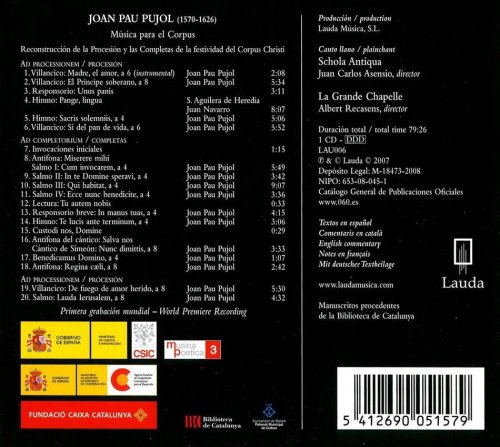
Joan Pau Pujol (1570-1626) is one of the most important figures of early seventeenth-century Catalan music. Born in Mataró, Pujol was still quite young when he entered the service of the Cathedral of Barcelona, where he completed his musical training under the master J. Andreu Vilanova. Pujol was chapel master at the cathedrals of Tarragona (1593-1595), Zaragoza (1595-1612) and Barcelona (1612-1626).
Joan Pujol left us a large musical production. His liturgical works include masses, motets, Magnificats, antiphonies, lamentations, passions, hymns, litanies and a large number of psalms. Within his paraliturgical oeuvre, his Corpus Christi and Christmas villancicos are especially interesting. Pujol composed close to 100 villancicos, of which only about twenty have survived. His secular compositions include romances, tonos a lo humano and a lo divino, and various lyrics that were recorded in some musico-poetical songbooks of the period.
La Grande Chapelle and Schola Aniqua have focused on reconstructing the Corpus Christi procession and Compline. Today’s listener can follow a re-enactment of some of the moments of this celebration, one that was very solemn in Baroque Spain. It begins at Terce, which was often incorporated in the mass itself, and normally ended with a procession in which various Eucharistic hymns (Pange lingua, Sacris solemniis…) were sung in alternation with responsories and villancicos. These served as commentaries and were sung at the stops made during the procession through the sacred space.
The originality of this recording, other than the recuperation of mainly unpublished music, lies in the reconstruction of the office of Compline as it might have been celebrated in the cathedral of Barcelona, with the singing of four psalms, a brief responsory (In manus tuas), an antiphony and the canticle of Simeon, or Nunc dimittis, plus the addition at the end of a Marian antiphony that varied according to the liturgical calendar, and which here is the Regina cœli. The recording ends with yet another procession, the one that was held at the end of the day’s last canonical hours, respectfully bringing to a close the day’s earlier celebrations.
This recording offers a glimpse into the splendid ritual of the feast of Corpus Christi, with its alternating plainchant, polyphony, minstrel music and organ, and rediscovers the important figure of Joan Pujol who, with an impressive range of resources, displays a certain brio and pomposity in his polychoral works, and measure and austerity in his music for four voices.
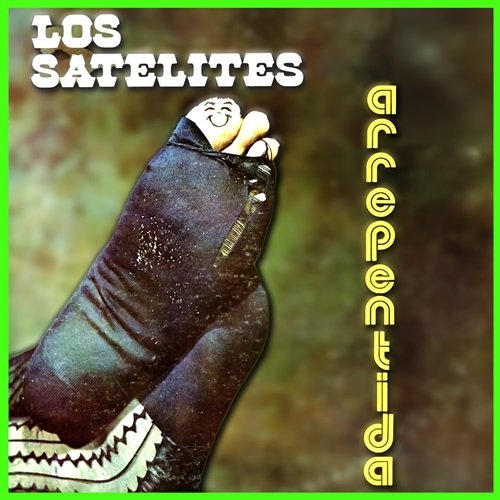
![Black Flower - Ghost Radio (2016) [Hi-Res] Black Flower - Ghost Radio (2016) [Hi-Res]](https://img.israbox.com/img/2025-12/21/9jx4xnhjd3hra5u06rbmghsre.jpg)


